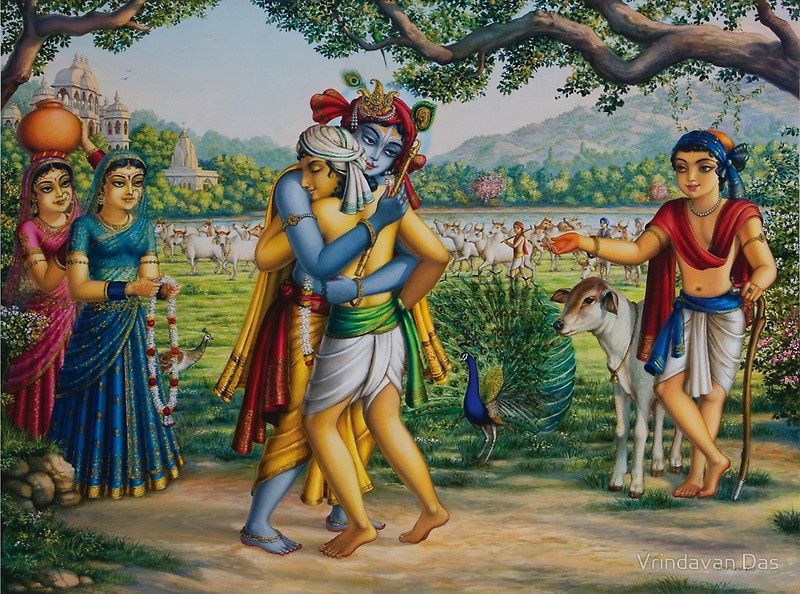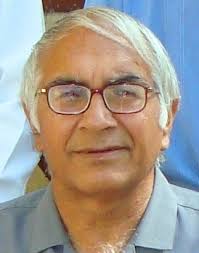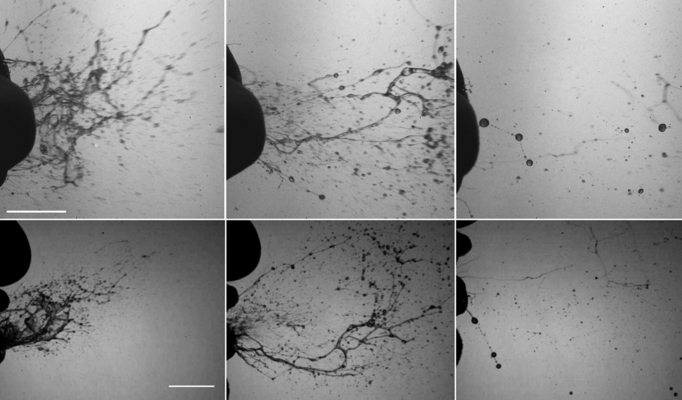
DR SATISH K. KAPOOR
Satsanga is to commune with the Truth to live in it, and to become it, Just as air and food sustain the human body, Satsanga sustains the spiritual life. Satsanga is the only effective method of purifying the mind and burning up the vicious samaskaras, impressions, of present and past lives.
In the Shrimad Bhagavata, the Lord says; “Neither Yoga, nor Samkhya, nor righteousness, austerity, study of the Vedas and renunciation , nor pouring oblations into the sacred fire and works of public utility , nor gifts , fast, worship of god , muttering secret spells , resorting to holy waters and places of pilgrimage, sacred observances and the (five) forms of self-abnegation gain me over as does Satsanga capture me ”.
Satsanga is possible by taking recourse to spiritual means, reading the scriptures which contains the elixir of spiritual wisdom and by partaking of the company of saintly men who embody the Truth. By the laws of association, the company of the wise, the truthful and the evolved souls lead one to the path of virtue, and the company of the unholy drags one to the path of evil. Says the Hitopadesha: “ Men of good or evil birth may be possessed of good qualities, but falling into bad company , they become vicious. Rivers flow with sweet waters; but having joined the ocean they become undrinkable”.
Can sound wisdom issue from association with the wicked? Can an adulterer attain the felicity of salvation? asks Goswami Tulsidasa. The fact of the matter is that bad company (kusanga) takes one away from the righteous path. “ Through contact with the wind dust rises in the air; if it joins low-flowing water, it becomes mud and stinks’. That is why the wise shun the company of the vile.
Satsanga is possible only by the grace of God. According to the law of cause and effect, merit earned through austerity, penance, seif-sacrifice or virtuous living brings one nearer to saintly men whose contact kindles the light of viveka or the power of discrimination to separate right from wrong. Wisdom dawns not without association with the saints.
Satsanga brings one closer to God. “Except in the company of saints, one does not hear the story of Hari, and not till that be heard, will delusion take to flight; and till delusion is dispelled, one cannot have unwavering affection for Rama’s feet” ( Ramacharitamanasa, Uttar Kanda). Love for the Divine makes one see the Reality that all existence is His manifestation, that Nature is God’s Nature, that all living beings are just his reflections.
The spiritual vibrations emanating from the realized souls as also their discourses create a positive force-field of energy which consumes one’s lower propensities. It is believed that each step one takes towards the saint’s abode is equal to the performance of yajna. Even when one does not become spiritually elevated after attending a satsanga, one at least becomes a little more pure. From mere contact with the sandalwood tree all the plants nearby emit sweet smell.
Sant Ravidasa prays:
The saint is Thy body
Thy very life-breath….
Grant me, O God of gods,
the company of the saints.
A taste for the Saint’s discourses
and love for the saint.
Bless me the Saint’s conduct,
the Saint’s way….
One more gift, the wish fulfilling gem
of devotion I beg of Thee-
the unholy and sinners
let me not see.
He alone is wise, O Ravidasa,
who knows
that no difference is there
between the saint and God.
Satsanga purifies the mind, sublimates passion and helps one to practice virtue in life. It strengthens one’s faith in the Supreme Lord, keeps one in harmony with oneself and the world around and satisfies the natural longing of the human soul for a higher and more perfect life by relieving it of its three-fold bondage- Anava(finitising aspect), Karma(action) and Maya(delusion).
The highest form of satsanga is when one realises the essential nature of Brahman, the Ultimate Ground underlying everything, and abides in oneself.

Dr Satish K Kapoor, a former British Council Scholar, was Principal, Lyallpur Khalsa college, Jalandhar, and Registrar, DAV University, Jalandhar(Punjab). His latest book is : Hinduism: The Faith Eternal( Advaita Ashrama, Kolkata).


 South Asian News E-Paper
South Asian News E-Paper Punjabi News E-Paper
Punjabi News E-Paper

















